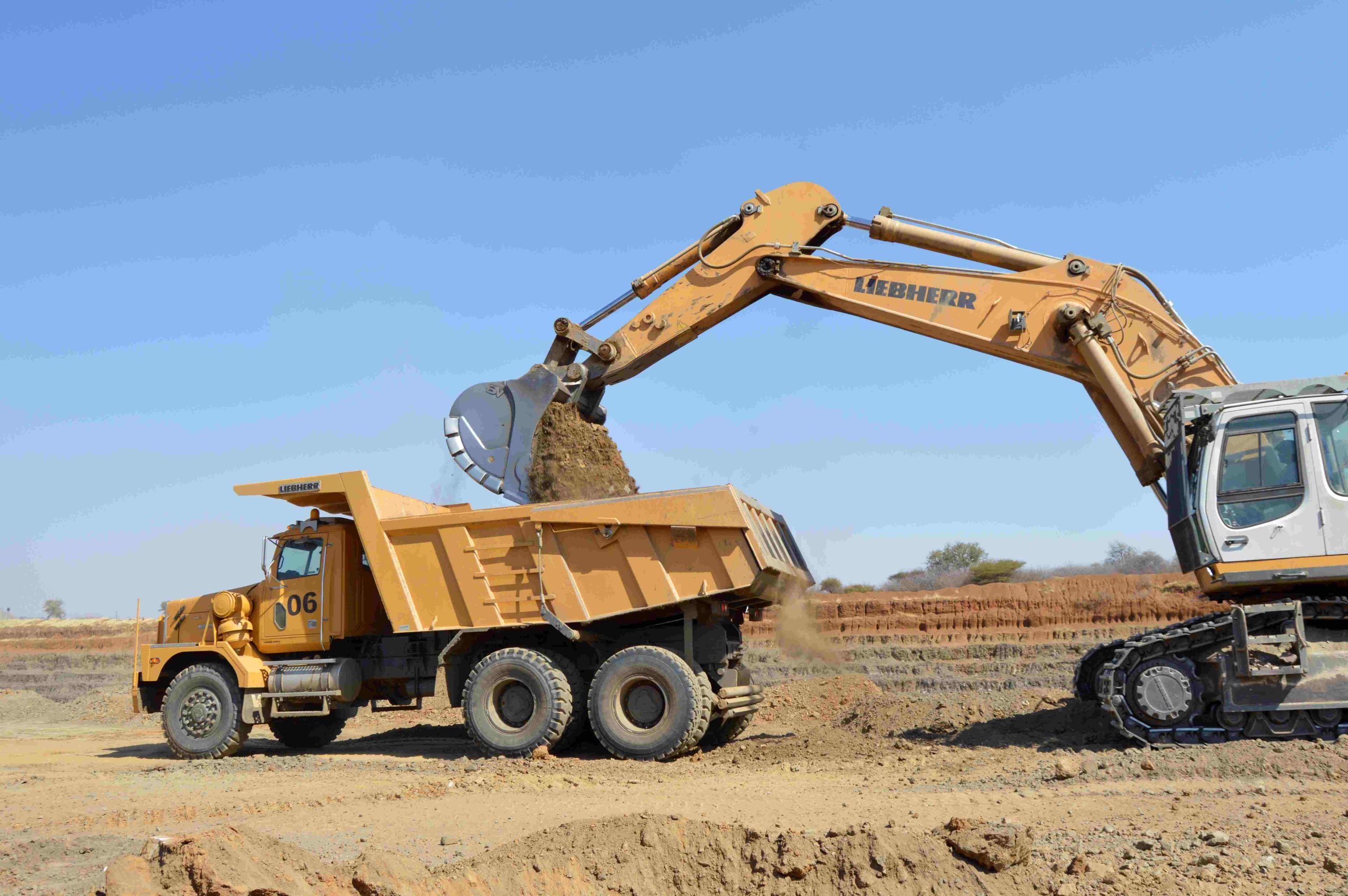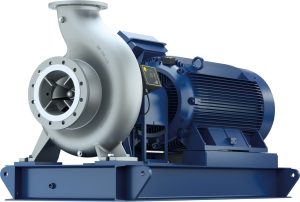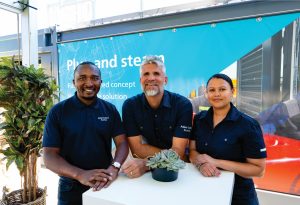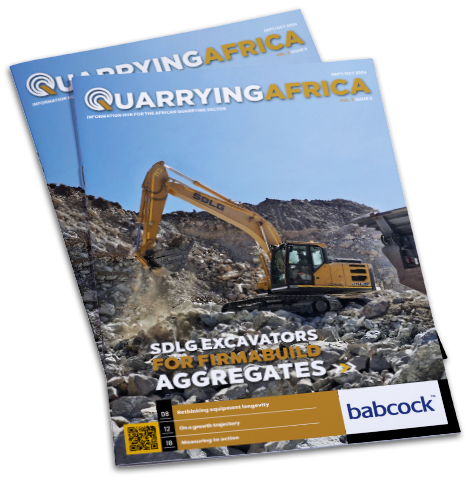With prospects improving for the local mining industry, industry leaders conveyed a sense of optimism at this year’s Joburg Indaba.
Now in its 12th year, the event provided a bullish outlook on the future of South African mining, with industry leaders sharing positive feedback on the formation of the Government of National Unity, which recently passed its 100-day mark.
Notably, speakers at the event were encouraged by the growing relationships between government and the private sector, as well as engagements between entities such as Business for South Africa, the Industrial Development Corporation (IDC) of South Africa, and the Council for Scientific and Industrial Research (CSIR), which will be a key driver for growth in the local context.
“Despite the challenges which are faced by the South African mining industry, there are many positive noteworthy aspects that have been highlighted at this year’s event,” sais SRK Consulting principal mining engineer Jaco van Graan. “The mining industry is driving growth, which is a notion that has been reinforced by promises of continued stable electricity supply, an improved outlook from Transnet, the CSIR’s innovative mining approaches, increased exploration budgets, and the release of closure trust funds, to name a few.”
Also highlighted at the event – which took place on 2-3 October – were the notable successes faced by the mining industry. Van Graan highlighted that the gold industry has been buoyed by the high gold prices, likely resulting from geopolitical and economic uncertainty.
“There is also hope that as the renewable energy space experiences greater growth through the development of green hydrogen technology, platinum-group metals (PGMs) will follow suit and begin seeing a greater demand,” said Van Graan.
SRK Consulting mining engineer Phuluso Musehane emphasised the enthusiastic outlook at the event, reiterating Joburg Indaba chairman Bernard Swanepoel’s stance that real change and improvement are on the horizon for South Africa’s mining industry.
“The future success of South Africa’s mining industry lies with implementation and execution,” explained Musehane. “For the local mining industry to return to its former glory, key issues such as sustainable energy need to be addressed swiftly.”
Although the country’s power supply has recently been much more stable, the potential 36% tariff increase proposed by state-owned power utility Eskom will add more pressure to the industry. Up to 40% of mines’ operational budgets is already being spent on electricity. Musehane added that this remained one of the key concerns highlighted at the event.
Among other concerns are logistics and funding, but he noted that collaboration among stakeholders could mitigate these concerns.
Further potential mining industry improvements noted at the Joburg Indaba included exploration, digitalisation and innovation, as well as the training and development of the mining workforce at every level of the production chain.
One particular focal point was the discussion around critical minerals and their significance in the South African context. According to Van Graan, there was interest in the role the mining industry can play in beneficiation to add value to the country’s raw minerals.
“A groundbreaking aspect of this discussion was the support for defining critical minerals within the South African context, rather than basing our definition on foreign standards,” said Musehane.
Critical minerals have an important role to play within the mining industry, as South Africa is a key producer of PGMs and manganese. This creates an opportunity for the mining industry to grow further.
He added that SRK Consulting supports the improvements projected by industry leaders through a range of strategic and technical services to guide responsible mining practices.
As the bullish outlook continues, industry goals can be achieved through unity and engagement from all stakeholders, making the success of the local mining sector an attainable reality, Van Graan concluded.





